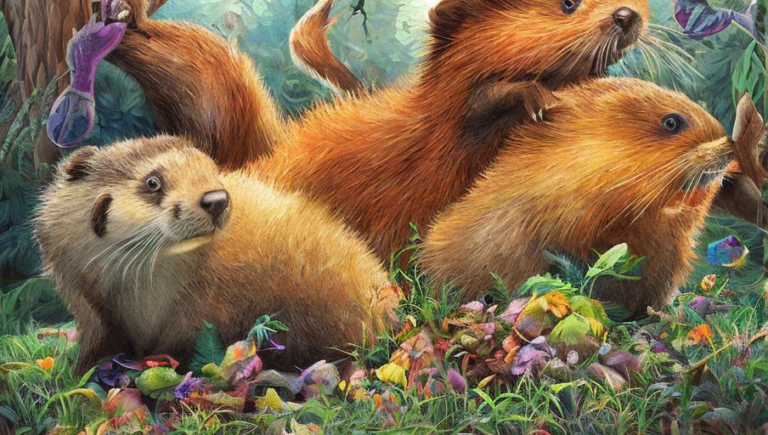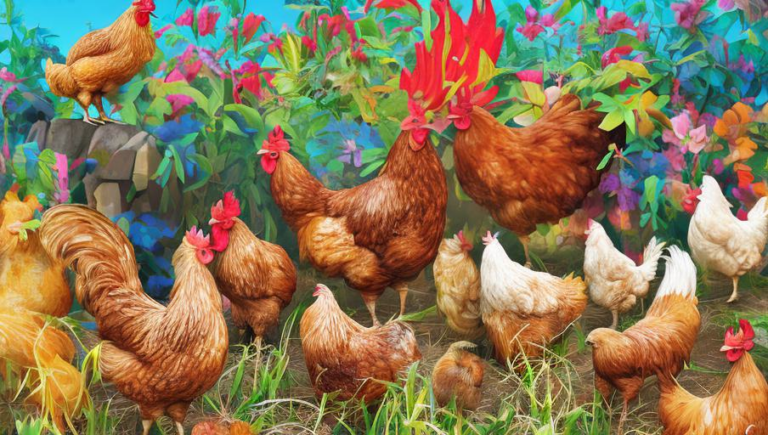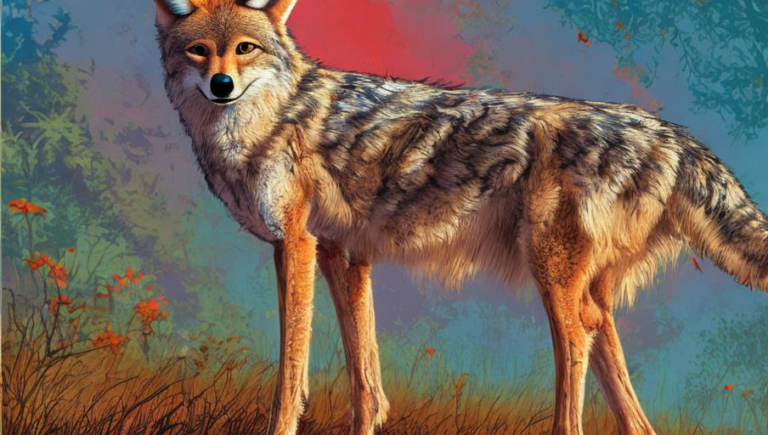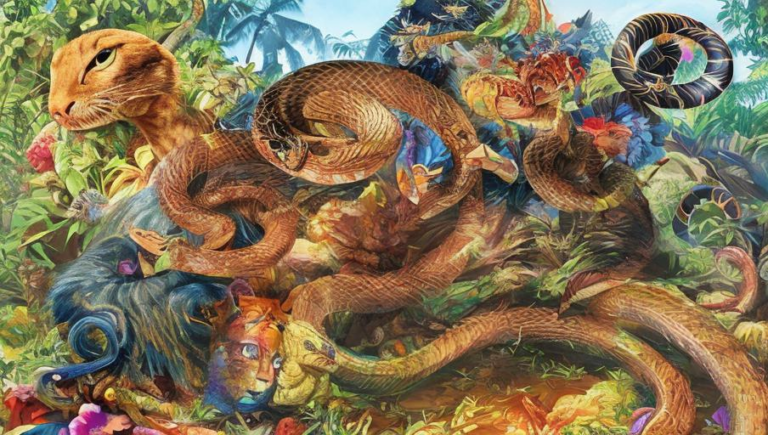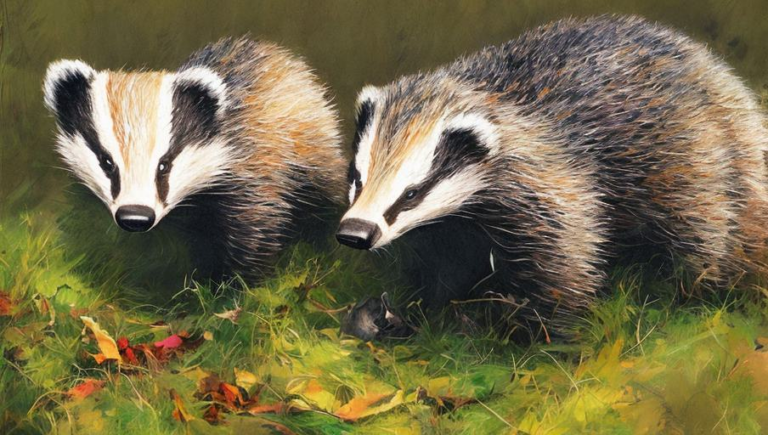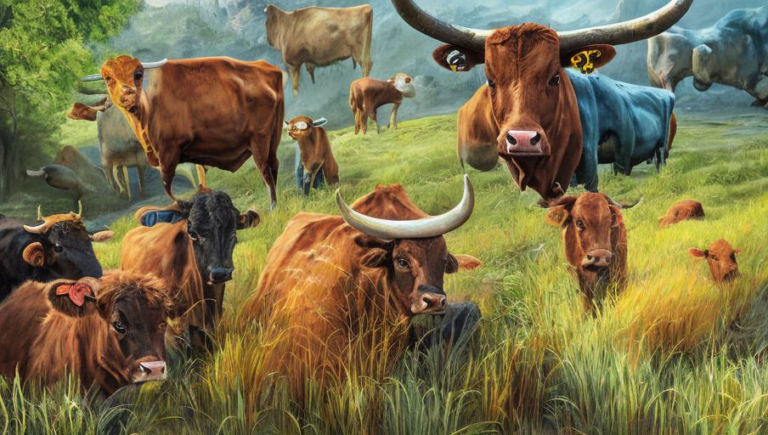Crucial Role of Dugongs in the Ecosystem
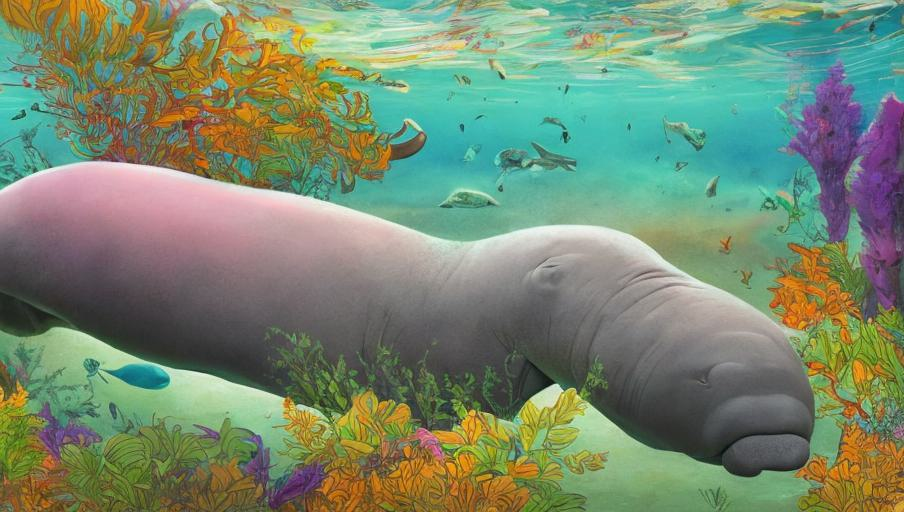
Introduction
Dugongs, commonly known as sea cows, are an important species of marine mammal that can be found in the shallow coastal waters of the Indian and Pacific Oceans. While they may look like giant turtles, they are actually more closely related to manatees. Dugongs are incredibly important to the health of the ecosystems they inhabit, so it is vital that we take steps to protect them.
Habitat and Range
Dugongs occupy shallow coastal waters, bays, and lagoons of the Indian and Pacific Oceans. They are most commonly found in the waters of Australia, New Guinea, the Solomon Islands, and southeast Asia. Dugongs typically inhabit waters that are shallow enough for them to graze on seagrass, which is their primary source of food.
Diet
Dugongs primarily rely on seagrass for their sustenance. They have specialized lips and teeth that allow them to forage for the grass in shallow coastal waters. Along with seagrass, dugongs also consume small amounts of other aquatic plants, as well as some small types of fish and invertebrates.
Behavior
Dugongs are solitary creatures that often travel in small groups, but they can also be found in larger aggregations of up to 100 individuals. They are usually most active during the day, and can be seen grazing on seagrass beds and swimming around in the shallow waters they inhabit. They are also known to use their flippers to dig up seagrass beds and uncover food.
Threats to Dugongs
Dugongs are currently listed as a Vulnerable species, meaning they are at risk of becoming extinct in the near future. Their population numbers have been steadily declining due to a variety of factors, including habitat destruction, pollution, and illegal hunting. Climate change is also a major threat, as it causes sea levels to rise, which can destroy dugong habitats and make it more difficult for them to find food.
Importance to the Ecosystem
Dugongs play an important role in their ecosystems by helping to maintain seagrass beds. As they graze, they help to keep the beds clear of debris and promote healthy growth. This in turn helps to provide food and shelter for other species, such as fish and invertebrates. Dugongs also help to disperse the seeds of seagrass, which is essential for the maintenance of healthy seagrass ecosystems.
Conclusion
Dugongs are a species of marine mammal that are incredibly important to the health of the ecosystems they inhabit. While they are currently listed as Vulnerable, there are many steps we can take to help protect them, such as reducing habitat destruction and pollution, and curbing illegal hunting. By taking the necessary steps to protect dugongs and their habitats, we can ensure the preservation of these unique and fascinating creatures for generations to come.
